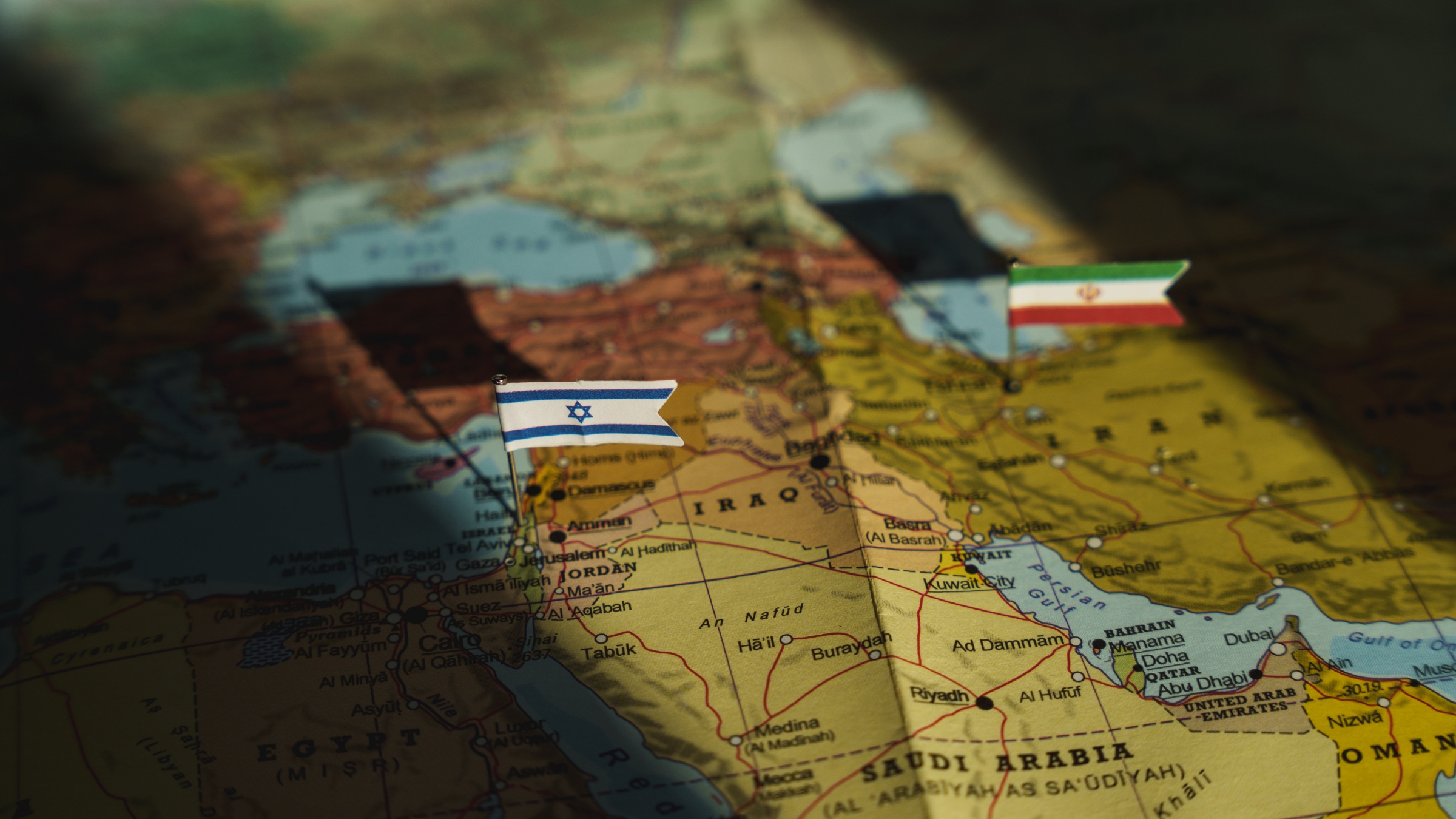
Israel and Iran’s 12-days war gave the world and due to that Israeli defense companies may have been sidelined from the recent Paris Air Show, but the battlefield offered them a far more powerful platform war itself which had an increase in Israel military exports.
The most recent Israeli war on Iran made the battlefield a live display of modern warfare tch Israel defense exports including, drones, air defense systems, and cyber warfare systems.
Israel’s ability to intercept missiles and coordinate airstrikes on Iran, Palestine, Yemen, and Lebanon with drones and AI-linked surveillance systems opened the world’s eyes. That exposure boosted by live news coverage, satellite imagery, and military press conferences served as an effective advertisement for Israeli weapons.
As a result, Israeli arms exports saw surging interest, order backlogs, and even rising stock prices.
But beyond this commercial success lies a disturbing question, are wars increasingly being used, even unintentionally, as sales opportunities?
When military conflicts start doubling as proof of the idea that demos for defense contractors are in the line between national security and profit-driven, war begins to take place.
In this emerging arms economy, technological performance becomes as important as battlefield outcomes, and the success of a weapon system can shape diplomatic ties, funding priorities, and even geopolitical strategies. It suggests a shift in global defense policy from prevention and stability toward spectacle and validation.
This war raises serious ethical and humanitarian concerns but the concerns over Israel arms sales should questions to where one is taking a path. As countries rush to modernize their arsenals based on war tested tech, the incentive to escalate war weakens. The normalization of war as a marketplace for innovation risks making future conflicts more attractive to arm producing nations, especially those with powerful defense lobbies and export-driven economies.
The Israel-Iran war didn’t just change regional dynamics, it led to a new time where warfare is not only fought but watched, analyzed, and commercialized through missile and air-defense system exports.
In this time, battlefield success doesn’t only bring victory, but it also brings more sales.
The war spanned over airspace, cyberspace, and electronic warfare, and sadly Israel that dominated across all domains. Which led 610 Iranians martyred and 28 Israelis dead, the war placed Israel’s military strength in a way no catalogue or arms show could.
Israel launched preemptive strikes on Iranian nuclear sites and military installations, and Iran retaliated with missile attacks against Israeli cities. Israeli systems, especially the Iron Dome, which had neutralized 90% of rockets destined for populated cities, were placed in the top creations for their effectiveness.
Demand Like No Other
The war boosted demand around the world for Israel arms embargo exceptions exports, which already reached a record $14.7 billion in 2024, 13% higher than the prior year. The war only sped up the growth of military sales.
Defense giants like Israel Aerospace Industries (IAI), Elbit Systems, and Rafael Advanced Defence Systems now report exceptional order backlogs:
• IAI: $25 billion
• Elbit: $22.6 billion
• Rafael: $17.7 billion
All three companies have shifted to around-the-clock operations to meet domestic needs and international orders.
While Israeli defense firms were banned from displaying at the Paris Air Show, Europe remains the biggest buyer, accounting for 54% of Israeli exports in 2024 up from 35% the year before. France may have confined off Israel military exports booths, but European defense contracts continue to heavily flow in, driven by the continent’s growing insecurity over Russia’s regional ambitions.
The export success “reflects more than anything else the growing global appreciation for Israeli technology’s proven capabilities,” said Israel’s Defence Minister Israel Katz.
Australia and the Bigger Picture
Australia’s military ties with Israel have also deepened through the bilateral defense trade agreements. The two countries signed a defense cooperation deal in 2017, and Australia opened a Trade and Defence Office in Jerusalem in 2019. While direct arms trade remains relatively small just a few million dollars annually Australian military exports include major key factors for F-35 jets and other defense systems.
Beyond Israeli defense systems exports figures, the impact of war is visible in global markets. Oil prices dropped, and defense stocks soared after the ceasefire, with the S&P 500 for aerospace and defense index hitting new highs.
The harsh truth behind the Israel military exports raises urgent ethical and geopolitical questions. When war becomes a business, the world risks shifting from avoidance to demonstration where every future war may be seen as an opportunity to test and sell the next new weapon.
Inside Telecom provides you with an extensive list of content covering all aspects of the tech industry. Keep an eye on our Tech sections to stay informed and up-to-date with our daily articles.